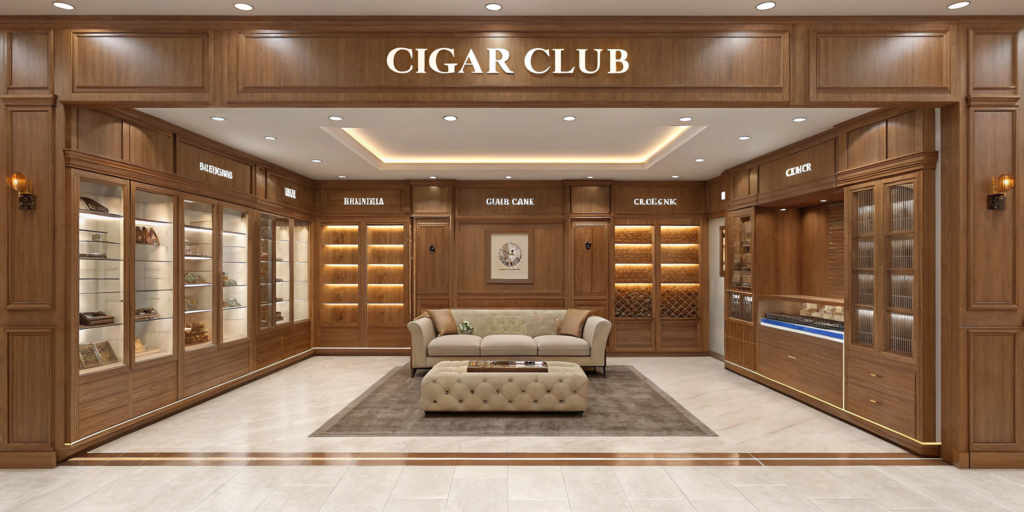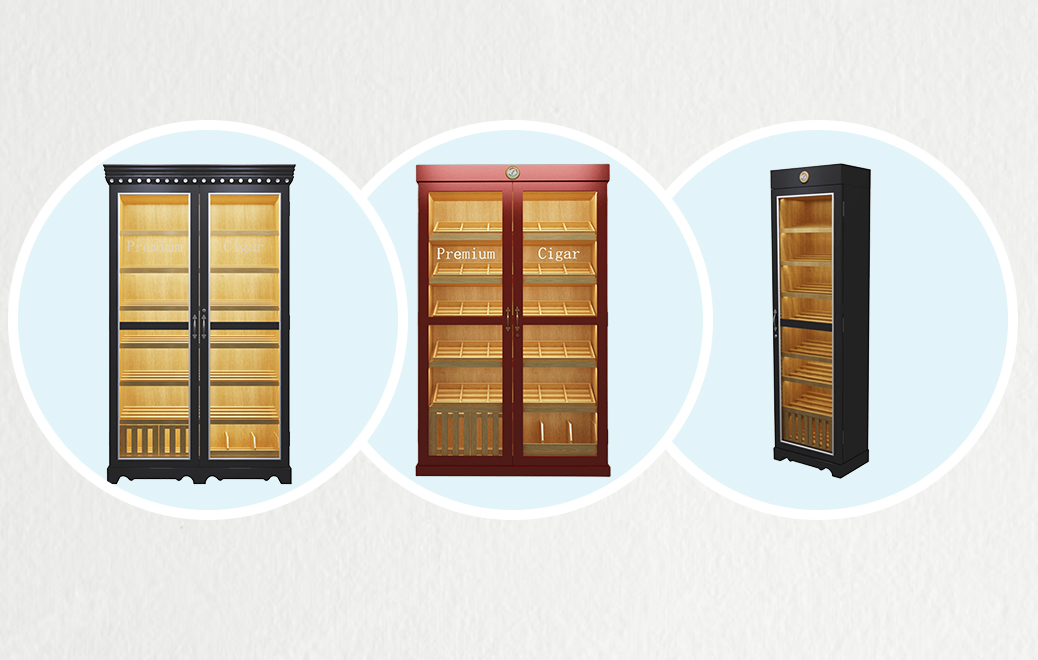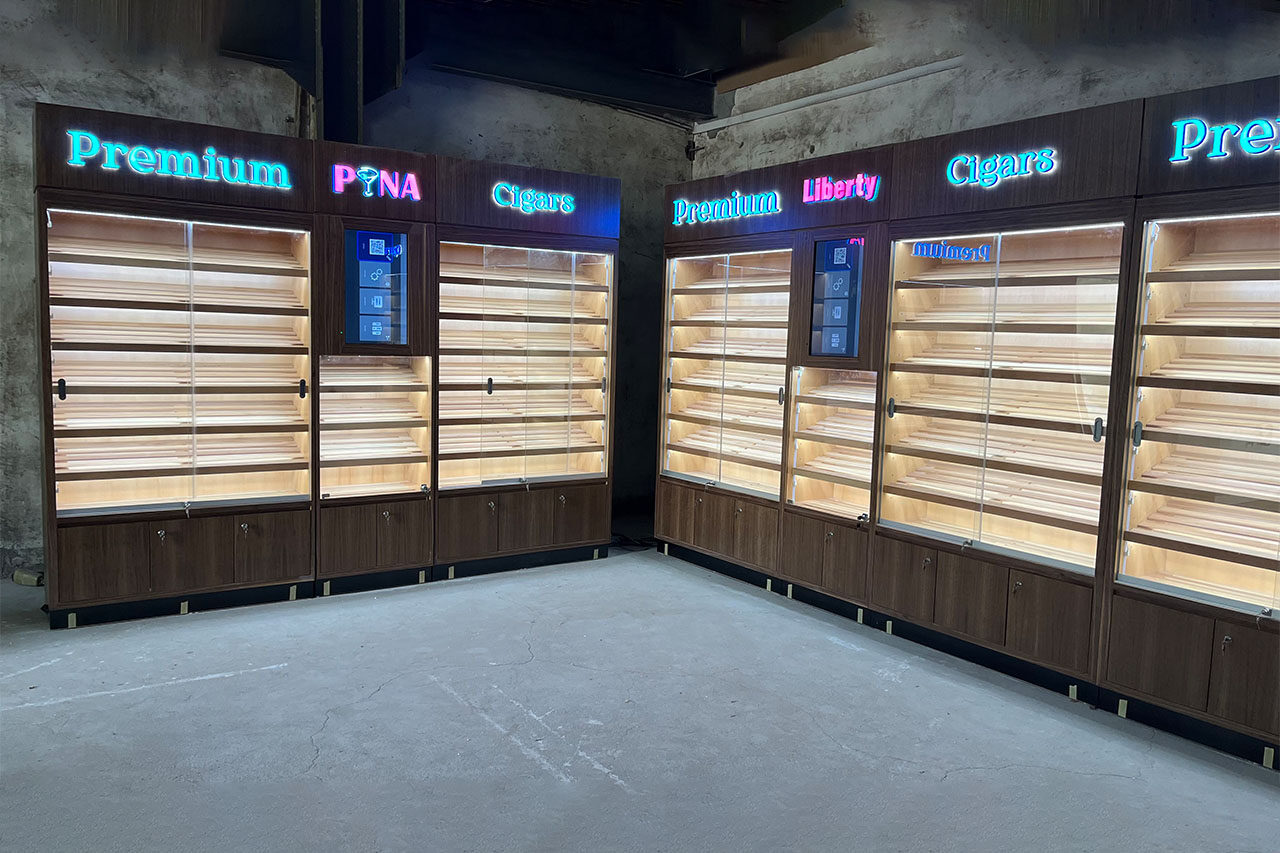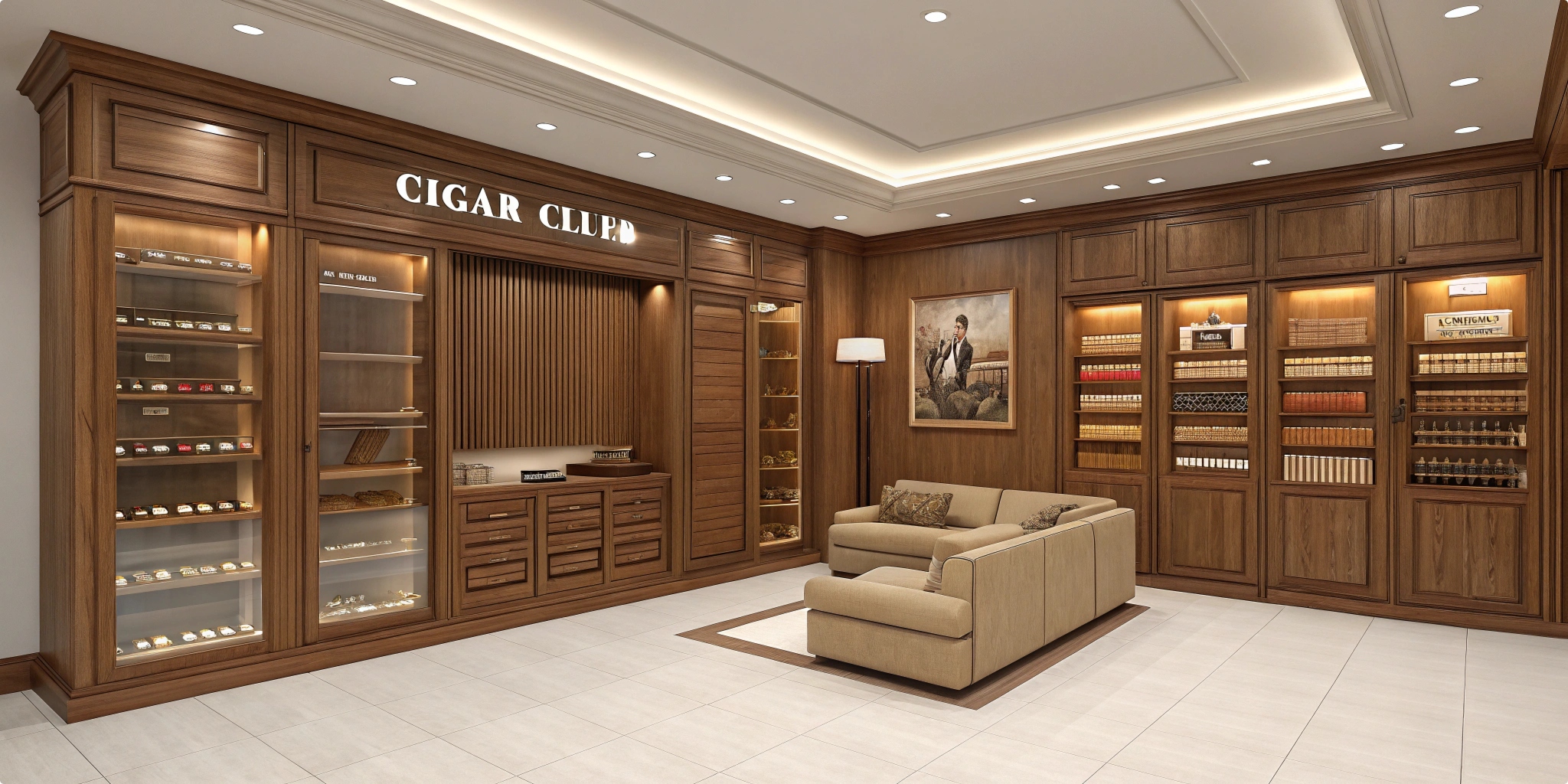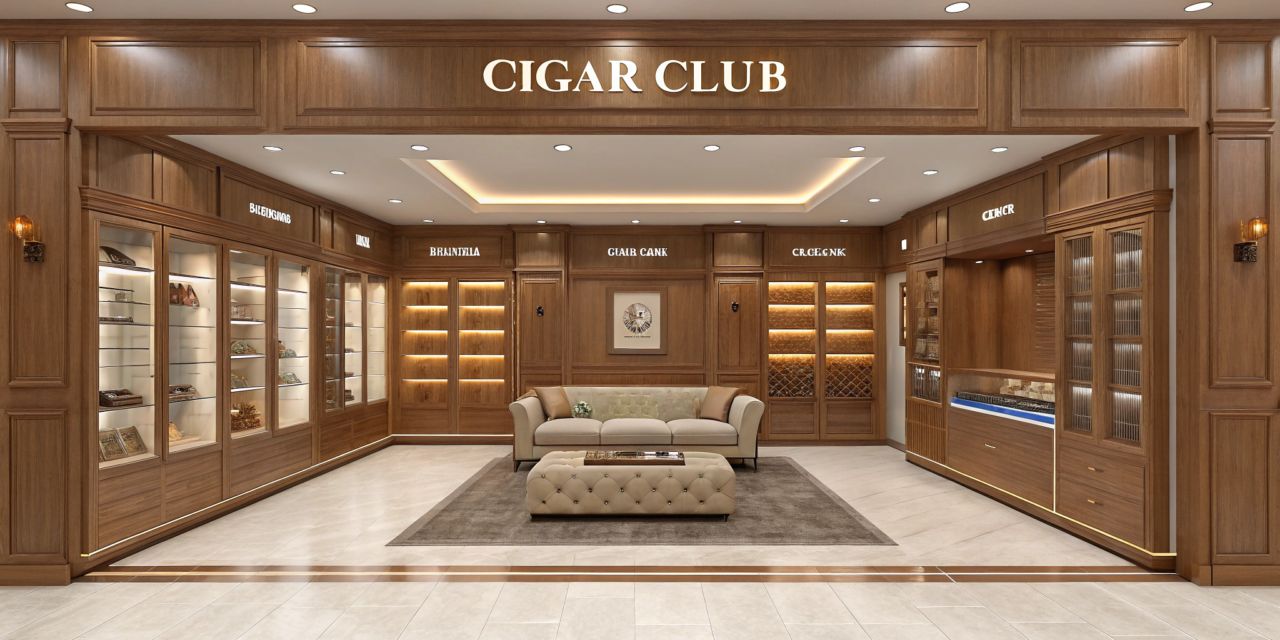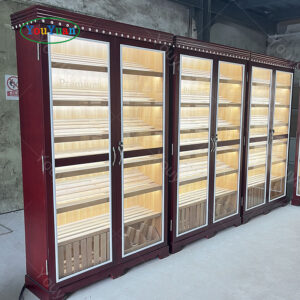How to Find a Cigar Cabinet Manufacturer in China?
Cigar enthusiasts need high-quality storage solutions. The challenge? Finding a reliable manufacturer in China that meets strict humidity and material standards. I've spent 10 years solving this exact problem.
The best way to find a cigar cabinet manufacturer in China is through trade shows, B2B platforms like Alibaba, or targeted Google searches using keywords like "Spanish cedar cigar cabinet supplier." Always verify factories through video tours and material certifications.
Many buyers struggle with communication gaps and quality control when sourcing from China. I've helped over 200 clients navigate these challenges since 2013. Here's exactly how to find your ideal partner.
What Should You Look for in a Chinese Cigar Cabinet Manufacturer?
Finding a factory is easy. Finding one that meets luxury standards is hard. Most fail at material authenticity and climate control precision.
Key indicators include: 15+ years of woodworking experience, verifiable Spanish cedar sourcing from Brazil, and existing exports to the US/EU markets. Always request humidity testing reports for previous projects.
!
The difference between amateur and professional manufacturers becomes clear when examining these four areas:
1. Material Verification
- Certification Required: FSC chain-of-custody documents
- Testing Method: Water absorption test on wood samples
- Red Flag: Manufacturers who can't show raw material photos
2. Climate Control Systems
Feature Entry-Level Professional Grade Humidity Range ±5% RH ±1% RH Sensor Type Basic hygrometer Calibrated digital system Seal Type Rubber gasket Magnetic airtight seal 3. Production Capabilities
Our factory runs dedicated Spanish cedar processing lines. Lesser manufacturers often mix materials or outsource components. Ask for:
- Machinery videos
- Workshop floor plans
- Current production schedules
4. Logistics Experience
High-end cigar cabinets need special packaging:
- 5-layer corrugated boxes
- Foam corner protectors
- Humidity packs during transit
How to Verify a Manufacturer's Reliability Before Ordering?
Trust takes more than a website. I once flew to Guangzhou unannounced to audit a "premium" supplier. Their "workshop" was a storage room with three workers.
Conduct three mandatory checks: 1) Video call through entire facility 2) Contact three current western clients 3) Order sample with your logo engraved. Reliable factories will accommodate all requests.
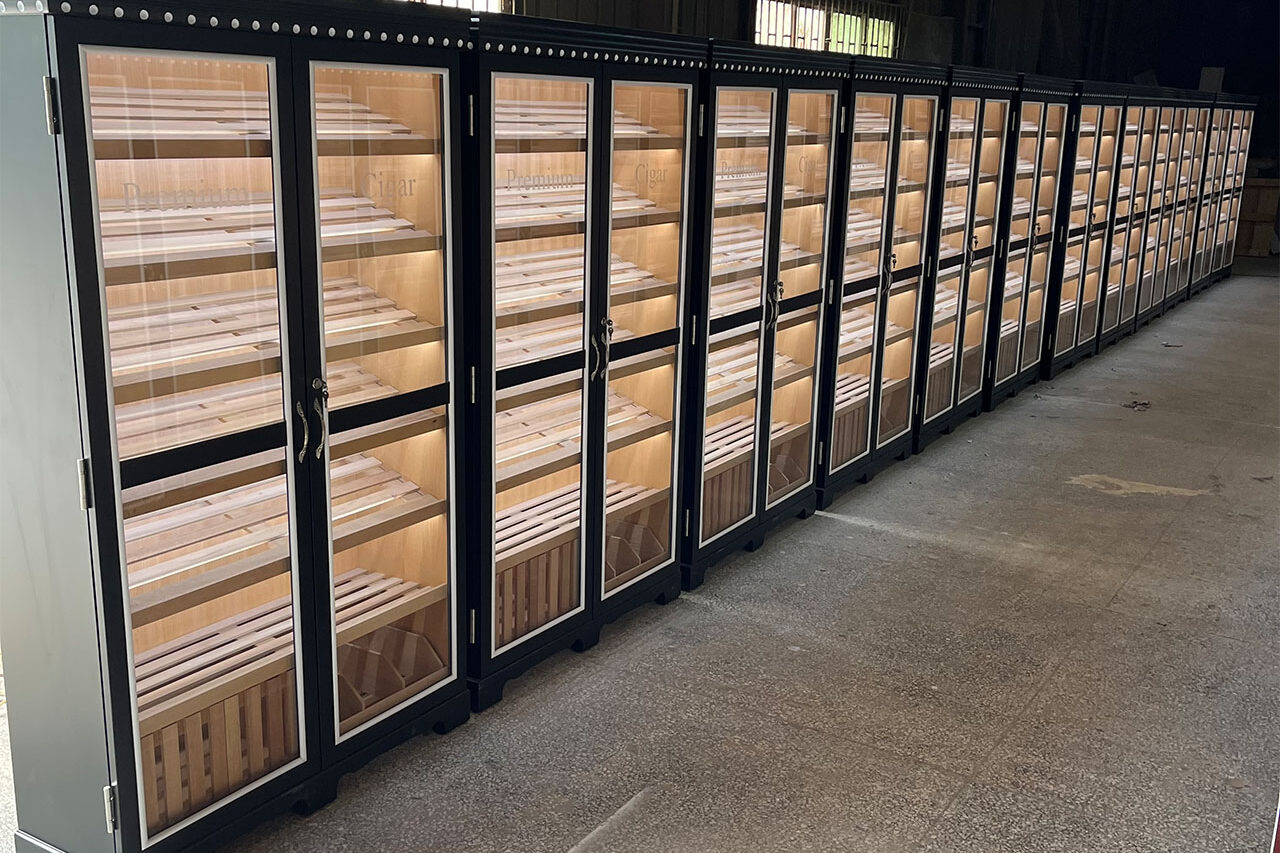
These verification steps prevent 90% of sourcing disasters:
Step 1: Background Research
- Search company registration on National Enterprise Credit Information
- Verify export license number
- Check for trade show participation
Step 2: Technical Validation
- Request:
- Wood moisture content reports
- CAD drawings of hinge systems
- 360° videos of finished products
Step 3: Business Practice Assessment
- Payment terms (30% deposit is standard)
- Production timeline transparency
- Damage replacement policy
I insist clients visit our facility personally. Over 60% of buyers who do this sign contracts within 24 hours.What's the Real Cost Difference Between Local and Chinese Manufacturers?
A client nearly paid $12,000 for a domestic cabinet until we built his identical unit for $2,800. The secret? Eliminating middlemen.
Quality Spanish cedar cabinets from China typically cost 40-60% less than Western equivalents. Bulk orders (10+ units) can reach 70% savings while maintaining identical specs.
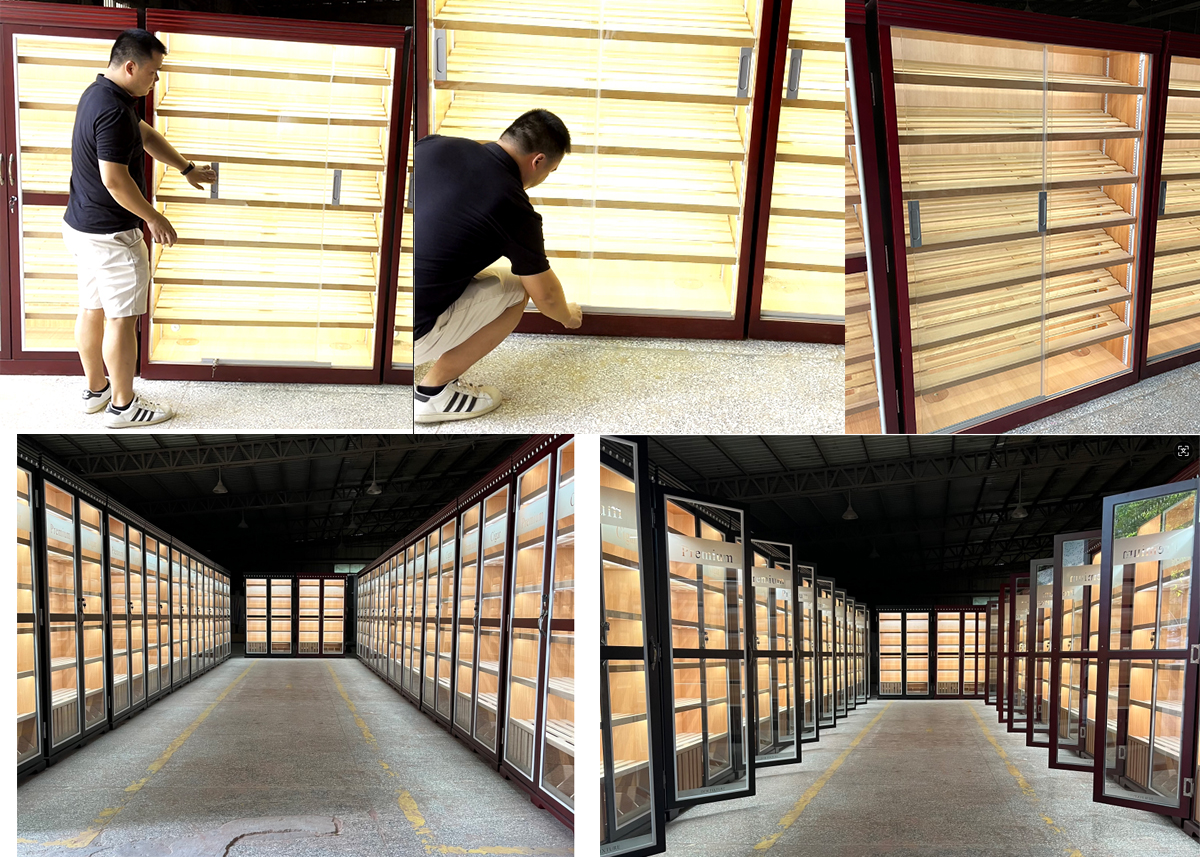
Here's why the math works:
Cost Component Analysis
- Materials
- Brazilian Spanish cedar: $18-22/board foot (US) vs $9-12 (China)
- Hardware: Same German hinges used globally
- Labor Efficiency
- Our master carpenter earns $25/hour (US equivalent: $75+)
- Team of 8 completes cabinets in 1/3 the time
- Hidden Expenses
Most buyers overlook:- Customs duties (5-8% for furniture)
- Shipping ($400-800 per cabinet)
- Sample costs (We deduct from final order)
Our last Miami client saved $147,000 on 50 units - enough to stock them with premium cigars.Conclusion
Finding the right Chinese manufacturer requires verifying materials, inspecting climate control systems, and testing communication responsiveness. The savings justify the diligence.

